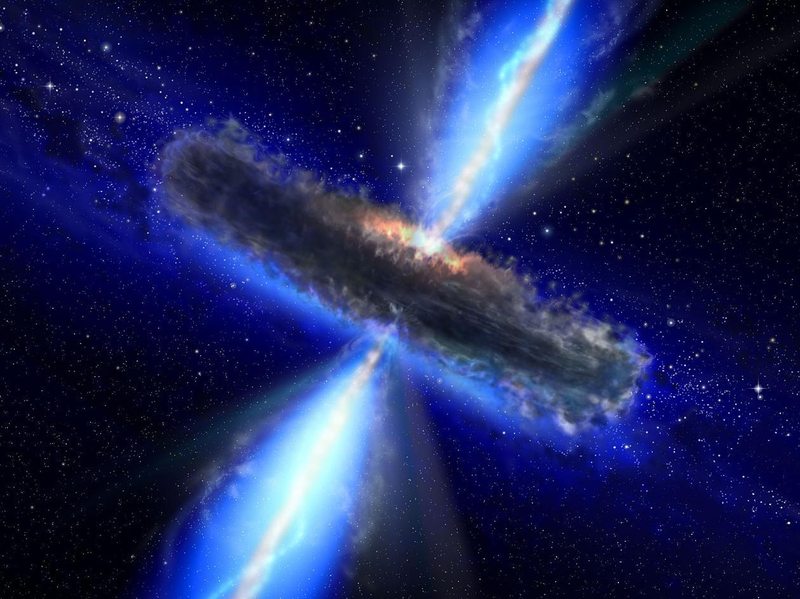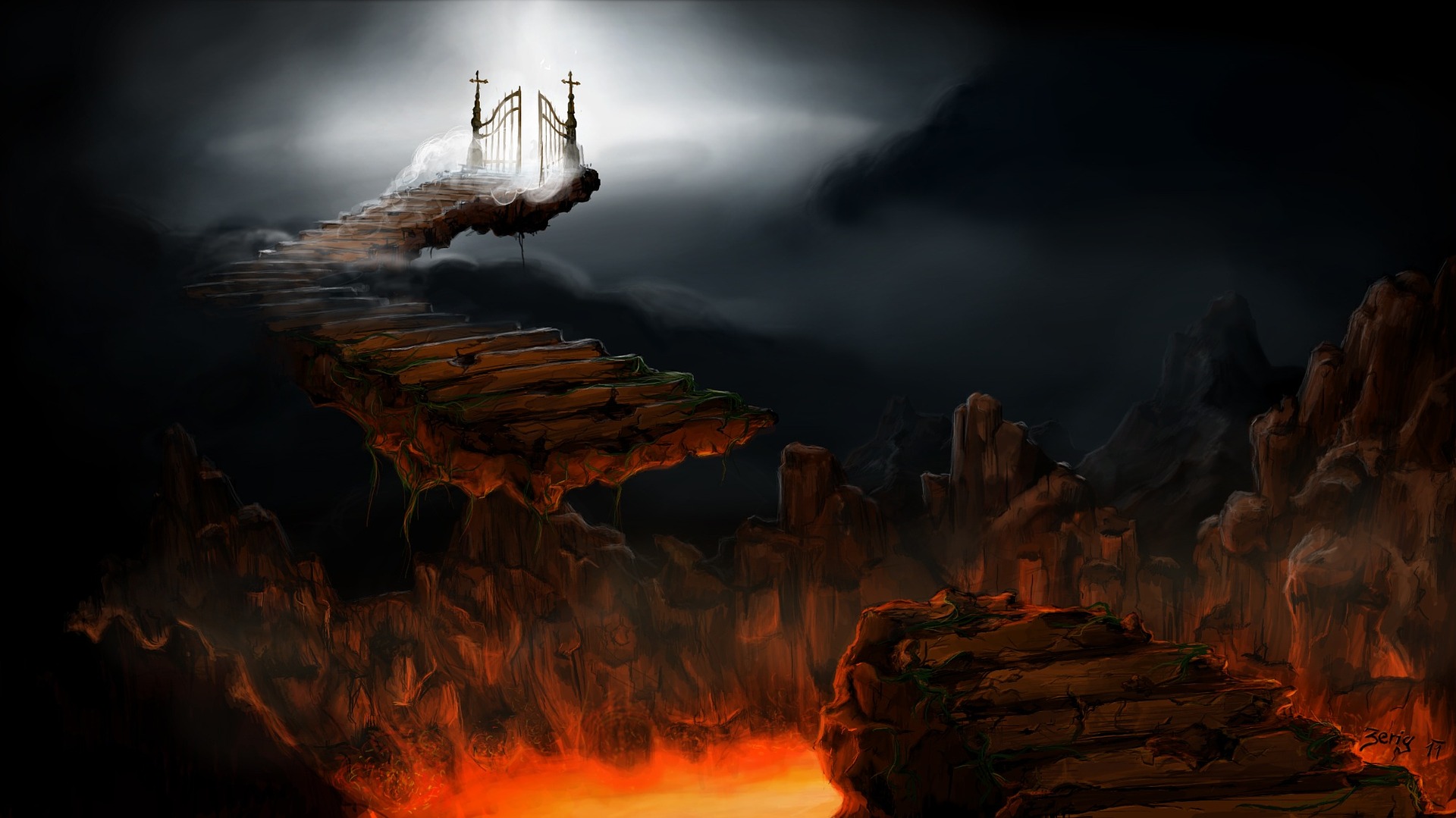What Caused The Universe To Exist?
We’ve now looked at all of the evidence for our case regarding the beginning of the universe. We talked about the causes of things and that the universe did have a beginning. Now. we’re going to examine the profile of our suspect that can be developed from the evidence, put together our lineup, and determine which is the most reasonable conclusion.
The Standard Of Proof: Beyond A Reasonable Doubt
One thing we have to understand during this evaluation process is that we will likely not get all of our questions answered. Every theory we will look at has a flaw or two. When jurors are selected, they are told that the standard for conviction is beyond a reasonable doubt. That basically means don’t get hung up on possible – go with what is reasonable. Is it possible that I will wake up tomorrow and have a full head of hair? Sure, anything is possible But, it certainly isn’t reasonable to think so. No matter how hard I want it to be true. The most reasonable conclusion when I go to bed is that – given experience and all of the information I have discovered regarding baldness – I will wake up in the morning bald. This would change, of course, on a day after I had an appointment with some sort of hair transplant clinic. Then, it would be reasonable to change my conclusion.
The List Of Suspects
Now, let’s look at our list of suspects. There are many more theories that have been proposed over time, but these are the major ones that often get proposed as possible explanations for the evidence we have.
Our First Suspect: Cosmic Rebound Theory
The first theory we will look at is known as the Cosmic Rebound theory. This theory proposes that the universe has been in an infinite cycle of expansion and collapse and that the Big Bang moment science shows us is just the beginning of the current cycle. All matter exploded out from a singular point, and then, at some point, it will collapse back in on itself in a big crunch. Then, explode again and collapse again.
This theory attempts to marry both infinity and beginning by proposing that there has been an infinite number of beginnings. The Big Bang theory points to a beginning of time, space, and matter. If the Cosmic Rebound theory is true, then matter didn’t come from nothing; it’s always been here and we can only see its the newest explosion.
The first problem with this theory is there is no evidence for an infinite number of bangs. All the evidence we have points to the universe exploding once out of nothing.
Second, according to Charles Bennet of NASA’s Goddard Space Flight Center, there isn’t enough matter in the universe to make it collapse back in on itself. On top of that, the universe is still expanding. And the speed of the expansion is actually accelerating, which makes a collapse even more improbable.
Third, this theory contradicts the Second Law of Thermodynamics because it falsely assumes no energy would be lost with each contraction and explosion. It assumes that after the big crunch, the universe will start with the same amount of energy it had the last time it began.
Based on the Second Law of Thermodynamics – which tells us that over time the universe will reach a point of equilibrium and all the energy will get used up – the expansion and contraction cycles would look like a bouncing ball that eventually stops bouncing. Scientists have examined the radiation levels in the universe and estimated we could not have gone through more than a hundred of these cycles. So, because we know that the number of cycles is finite (limited), we know that the cycles (if they really do exist) had a beginning. In other words, there would have had to have been an initial Big, Big Bang to start the chain of littler Big Bangs. So, this theory does nothing to get around the issue of a beginning of everything from nothing.
Our Second Suspect: The Multiverse Theory
The second theory proposed to explain the beginning of the universe is the multiverse theory. Based on this theory, the universe is simply one in an infinite family of other universes. There is a hypothetical universe generator outside of our universe popping out universes much like a boiling pot of water pops out bubbles as the water boils. These bubbles are universes.
The attractiveness of this theory has to do with statistical probability. If this theory were true, and there are countless other universes, it is only reasonable to expect that one of them got lucky and was able to have the conditions right to allow for life. It would also agree with the theistic view (God) in that it concedes that the universe was created by a source outside of itself. The difference between the two theories is that the multiverse offers a natural explanation and the theistic view offers a supernatural one.
This theory suffers from many problems. Mostly scientific in nature. First off, there is no evidence for a multiverse. We are only able to observe the universe in which we live.
Second, in 2003, 3 scientists named Arvind Borde, Alan Guth, and Alexander Vilenkin developed a theory that shows that any universe that has been expanding must have a beginning. This theory would also apply to the multiverse generator.
The final problem has to do with the absurdity of actual infinities (we went over this last time). Let’s start with the assumption that an infinite number of universes exist. We start with this assumption because there is no reason to give us a finite number of universes. How would you determine that number? The point of the universe theory is to show a past eternal of creation, so we should start with the assumption that universes have been being created for an infinite amount of time.
Let’s also start with the assumption that only a very minor percentage – say .000004 percent – were life-permitting. But, based on infinite set theory (math with infinites), any fraction of an infinite gives you… an infinite. Now, let’s say that out of those life-permitting universes, an even smaller percentage of them have humans who live on the third planet of a solar system, how many are there? An infinite. And, out of that small percentage, let’s say an even smaller percentage have people on that planet with the same names as you and me, how many would there be? An infinite. And out of that small, small, small, small percentage, how many universes would have a country named the United States with Kermit the Frog as its president in the year 2020? You guessed it; an infinite number.
Here’s another place the idea of infinite universes takes you. If an infinite number of universes exist, isn’t it reasonable to think one of them would be governed by God? And, if so, why not the one we are in right now?
Our Third Suspect: God
After reviewing the evidence for the beginning of the universe, we see that, at a point in the past, space, time and matter came into existence from nothing. For a cause to create space, that means it has to be outside of space. For a cause to create time, that means it has to be outside of time. For a cause to create matter, that means it cannot be made of matter. This cause also has to be immensely powerful. The cause of the universe must transcend the universe. The cause must also be uncaused because as we have seen an infinite series of causes is impossible.
The cause must also be personal because the creation of the universe was a free act of will. It decided to create the universe. The Uncaused Cause has always existed, but the universe has not. Therefore, the cause made the personal choice to bring time, space and matter into existence out of nothing. There was nothing and then there was something because the transcendent cause decided to act.
This timeless, spaceless, immaterial, extremely powerful, personal First Cause is what we call God. Not just Christians, either. Muslims and Jews also assign these characteristics to God. Remember, the Kalam Cosmological argument that we are making was first proposed by a Muslim. Notice we don’t have to use a single verse from the Bible to make our case here. This argument is made purely from philosophical and scientific evidence.
Now, remember. I said all of the suspects have things about them we may not have answers to or things we have to “get past”. In order to accept this explanation for the beginning of the universe, you have to accept that the supernatural exists. You have to accept that things outside of what we can see, taste, hear, smell or touch exist. For some, this is too much and gives them their basis to reject this suspect.
To believe in either the cosmic rebound theory or the multiverse theory, you have to believe that actual infinites can exist. For the cosmic rebound theory, you also have to get around the scientific data that tells us that the conditions in our universe do not exist to allow the universe to collapse back in on itself. For the multiverse, you have to believe in a theory that has no evidence. So, if you follow the evidence with an open mind, God seems to be the most reasonable explanation for why the universe began to exist.
With this argument/piece of evidence, we can begin to assemble a profile of what our suspect must look like. The origin of the universe alone does not prove that Christianity is true; it only tells us that something supernatural was behind it. Our case also does not rely on this single piece of evidence, either. We have just begun to review our evidence; we have several other pieces to review before we can determine why things are the way they are.
Share This Story, Choose Your Platform!
latest video
news via inbox
Nulla turp dis cursus. Integer liberos euismod pretium faucibua








This was very intriguing and informative.
Hi Marissa,
Glad you found it so.